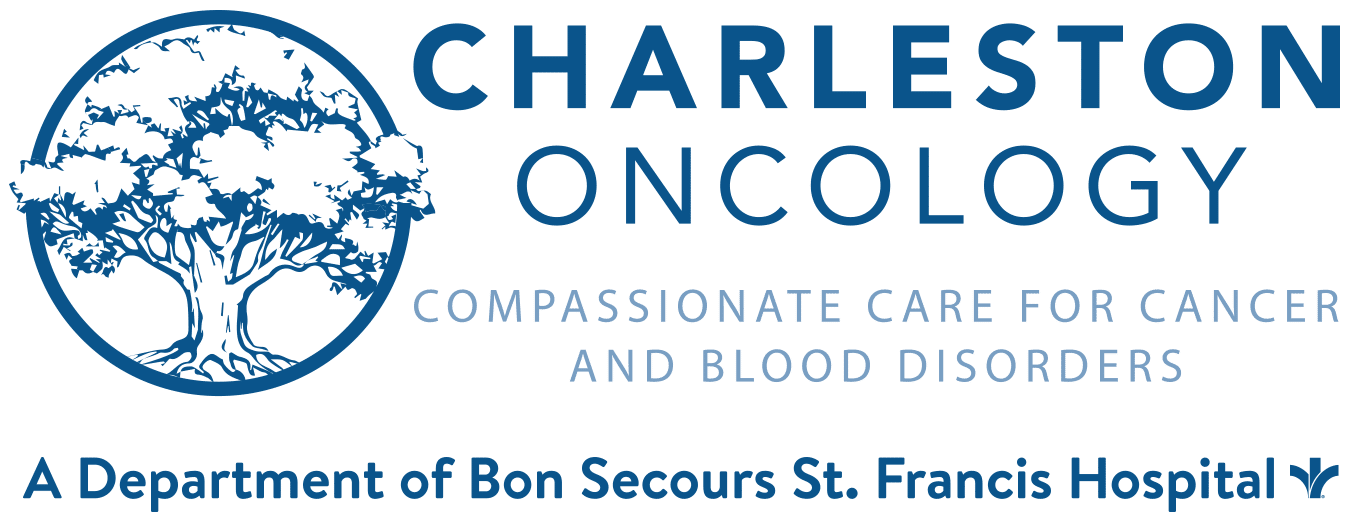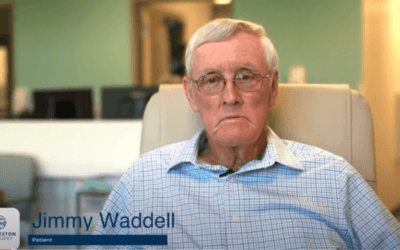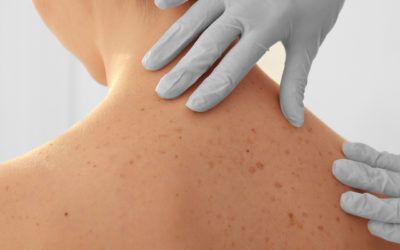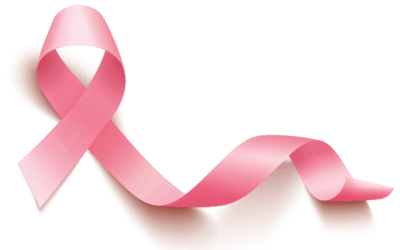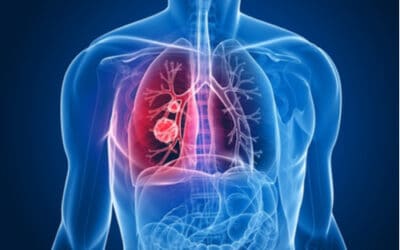Multiple Blood Disorders
To say that blood disorders have a far-reaching impact on your overall health would be an understatement. As experienced hematologists, the doctors at Charleston Oncology have a considerable depth of knowledge to help you fight most blood disorders, restoring balance to your health. Call to schedule an appointment and get started on your blood disorder treatment.


Multiple Blood Disorders Q & A
What are the most common blood disorders?
Your blood contains four ingredients:
- Red blood cells
- White blood cells
- Platelets
- Plasma
Blood disorders can affect any of these components, casting a wide net on your health.
The most common blood disorders include:
Blood cancers
This group of cancers, including lymphoma, leukemia, multiple myeloma, and myelodysplastic syndrome, mainly affects your white blood cells, which dramatically reduces your immune system’s ability to fight off infection.
Anemia
Low red blood cell counts cause anemia, and many conditions can bring this condition on. Types of anemia include sickle cell anemia, anemia of chronic disease, aplastic anemia, thalassemia, and pernicious anemia, to name just a few.
Thrombocytopenia
This class of blood disorders involves your platelets, creating lower-than-normal levels in your blood.
Plasma-related blood disorders
When a blood disorder develops in your plasma, it can affect how your blood clots — either too easy or not well enough. Examples of plasma-related blood disorders include hemophilia, von Willebrand disease (VWD), and deep vein thrombosis.
How are blood disorders evaluated?
When you come into Charleston Oncology with a suspected blood disorder, the first order of business is conducting a complete blood count (CBC). This test is the first step in determining the levels of the four main ingredients in your blood. If your doctor finds a deficiency or surplus of any one component, they conduct further testing, including:
- Bone marrow testing
- Clotting tests
- Reticulocyte count
- Protein measures
- Blood typing
There are many more specific tests your doctor may order, depending upon their initial findings, to narrow their search for the underlying cause of your blood disorder.
How are blood disorders treated?
Once your doctor diagnoses your blood disorder, they determine your next steps. Each blood disorder requires different treatments; for example, a cancer diagnosis may require chemotherapy, radiation, or immunotherapy, while anemia treatments focus on raising your red blood cell counts through iron infusions and diet.
The doctors at Charleston Oncology also turn to blood transfusions, antibiotics, bone marrow transplants, and may recommend surgical options for some disorders, such as removing your spleen.
In other words, it’s hard to say what your treatment will be and the only way to find out is to see your doctor for a full evaluation.
If you want the latest care for multiple blood disorders, call Charleston Oncology to schedule a consultation.
Send UsA Message
National Cancer Survivor Month
June is National Cancer Survivor Month and throughout the month we are honoring our brave patients and sharing their inspirational stories.
Melanoma Prevention and Awareness
May is Skin Cancer Awareness Month. Melanoma is a type of skin cancer that develops when melanocytes (the cells that give the skin its tan or brown color) start to grow out of control. Watch the video to learn more about melanoma from Charleston Oncology’s Dr. Charles S. Holladay.
Tips for Diagnosing Breast Cancer Early
Dr. Shelly Shand shares important tips for diagnosing breast cancer early and the latest advancements in breast cancer.
Staying Aware for Breast Cancer Awareness Month
Staying Aware for Breast Cancer Awareness monthCharleston Oncology is proud to sponsor Staying Aware for Breast Cancer Awareness month in conjunction with WCIV News Channel 4. We continue to partner with our community to ensure that every woman has the best chance of...
Early-Stage Breast Cancer Characteristics and Treatment Options
Early-Stage Breast Cancer Characteristics and Treatment OptionsA rise in early-stage breast cancer diagnosis may result from better screening technology and a raised awareness of the importance of annual mammograms. An early-stage breast cancer diagnosis is contained...
Game Changing Neoadjuvant Lung Trial Enrolls the Most People in the World
Charleston Oncology’s Clinical Trials most recent non–small cell lung cancer trial enrolled the most people in the world. Gene Saylors, MD, oncologist and hematologist at Charleston Oncology, will present the positive findings at the American Association for Cancer Research 2022 Annual Meeting. “When administering a new trial, we are always cautiously optimistic,” says Dr. Gene Saylors. “The positive results of this Neoadjuvant Lung Trial resulted in rapid FDA approval due to its impressive outcomes.”
